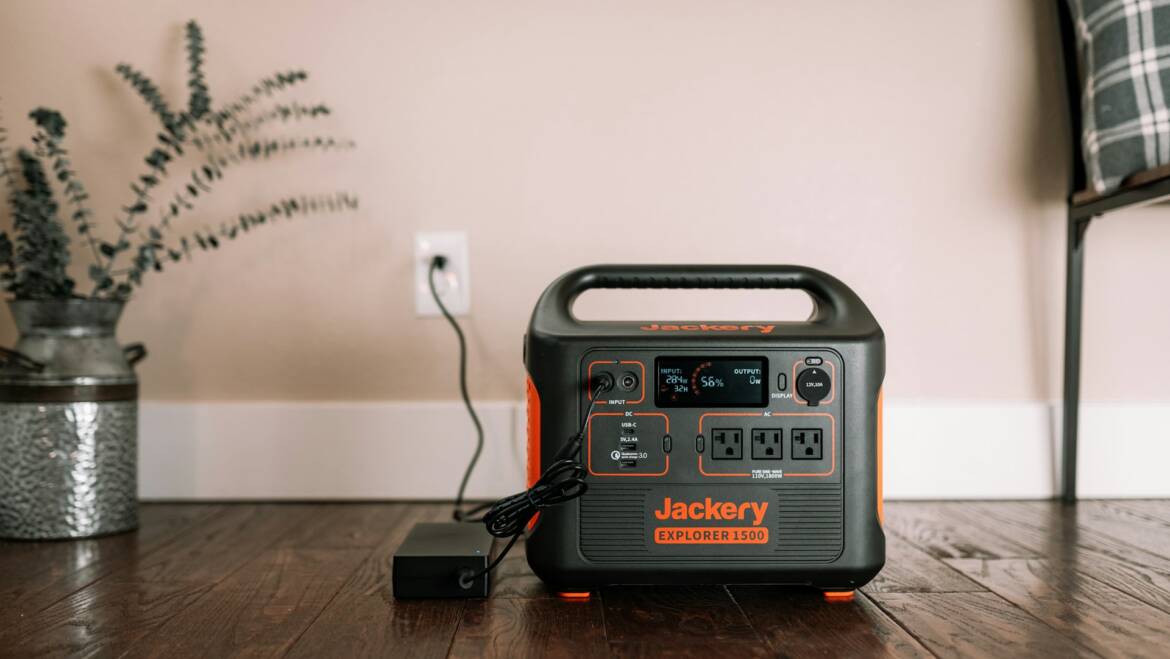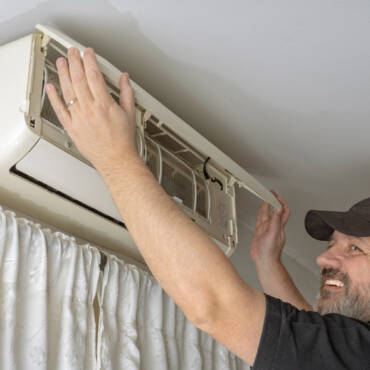Fall weather in Dublin can bring chilly mornings, wet leaves, and the occasional early cold snap. It’s also the season when power outages start to creep in more often. Whether it’s high winds knocking lines down or a surge in usage that strains the grid, outages can hit without warning. That’s why having your backup power system in good shape isn’t just a nice-to-have — it’s a smart move that keeps your home steady when everything goes dark.
A whole-house generator can step in during an outage to keep your refrigerator running, lights on, and HVAC system working. It gives you peace of mind knowing your family can stay safe and warm when the power goes out. But having a generator isn’t enough. Making sure it’s ready to respond is just as important. That means looking beyond the unit itself and paying attention to proper whole-house generator repair and upkeep, especially as we move deeper into the colder months.
Why Prepare for Power Outages in Fall
Fall is the right season to get ahead of power interruption problems. Dublin’s weather starts shifting in October and often brings unpredictable storms in November. These changes can mean strong wind gusts, heavier rains, and foliage that clogs gutters. That mix can lead straight to outages fast. Waiting until the snow shows up or the ice hits means rushing to fix issues when you need power the most.
Taking care of your generator now avoids that panic when an outage strikes. Late fall brings short days and colder nights, and a working generator can make the difference between a small hiccup and a major disruption.
Let’s say you’re making dinner and lightning takes out the power. With a properly maintained generator, you don’t miss a beat. Your kitchen stays lit, the heat keeps running, and your evening continues as planned. Without it, you’re scrambling to find flashlights, watching food spoil, and possibly facing frozen pipes if the cold stretches on.
Being ready ahead of time gives you control. It prepares your household to keep running even when the power grid doesn’t. And since winters in Columbus, Delaware, and Dublin aren’t always predictable, the best plan is to tune things up during the more stable days of fall.
Steps to Get Your Generator Ready for Fall and Winter
If you want reliable backup during the colder months, prep work needs to happen now. Here’s how to make sure your generator is ready and working before the outages begin:
1. Inspect and Clean the Generator
– Check for signs of leaks, rust, or loose connections
– Remove any debris from around the generator area (leaves, twigs, trash)
– Look inside the unit for oil buildup or signs of animal nests
– Clear out dirt and dust from vents and panel areas
Cleaning and routine inspection can help stop bigger damage before it even starts. During cleaning, don’t forget safety. Always make sure the unit is powered off and cool before touching any parts.
2. Run a Test Cycle
– Power the generator on and let it run for about 20 to 30 minutes
– Listen for odd noises or inconsistent power cycling
– Watch for any error lights or warning signs on the control panel
A test run can show if the system is working well or if there are small issues that need attention. If something doesn’t sound right or you notice hiccups, don’t wait. Get a technician involved who knows what signs to look for during a whole-house generator repair check.
3. Fuel Check
– Make sure you have enough fresh fuel stored, if your system depends on gasoline, diesel, or propane
– Check that the fuel line is clear and not cracked or leaking
– For natural gas units, confirm that there’s no drop in pressure or supply blockage
Fuel can degrade if it sits too long, so it’s smart to rotate out older supplies. Also, freezing temperatures in winter can affect how some fuels behave. Better to handle this now rather than after the first cold snap.
4. Schedule a Professional Inspection
– A skilled tech can check internal parts, ignition systems, and all electrical connections
– They’ll be able to test safety shutoffs and run diagnostics
– They can also guide you on any parts that should be replaced before wear and tear causes problems
Getting ahead of generator troubles saves you time when everyone else is scrambling to book last-minute service during storms. Routine maintenance from a pro ensures everything’s working and ready to go when you actually need it.
Common Issues and How to Avoid Them
Even with the best preparation, you may run into generator issues over time. Recognizing potential problems early lets you avoid them before they become serious.
One major issue is battery trouble. If your generator’s battery shows signs of weakening, like dimming lights on the control panel or slow startups, it’s time to act. Regularly cleaning battery terminals and checking for corrosion can prevent this. Swap out old batteries before they give out in the middle of an outage.
Fuel system issues also affect generator performance. Leaks in the fuel line or debris can cause failure right when you need the generator most. Keeping the fuel clean and the lines clear is a must. In some cases, moisture can build up in the tank, so draining it now and then helps avoid corrosion or leftover condensation.
Mechanical wear on parts is another thing to look out for. Belts and filters can wear down with time and affect how the whole unit runs. If a belt begins to fray or a filter gets clogged, it can shut things down unexpectedly. Checking and replacing worn parts during maintenance visits helps everything stay in solid working order.
Benefits of Regular Maintenance
Taking good care of your generator is one of the smartest ways to make sure it works when you need it most. A regularly serviced generator runs better, smoother, and more efficiently. That means fewer interruptions when the weather acts up.
When you keep up with service, your generator also lasts longer. Worn parts get replaced before they break, and lingering issues get resolved early. It’s similar to changing the oil in your car on time. Being consistent saves money, time, and stress over the long haul.
Peace of mind is another huge benefit. Heading into a storm knowing your generator is checked and ready takes one big worry off your list. You can trust your backup power to turn on and stay on, no matter what. Your lights stay on, the HVAC works, and the fridge keeps everything cold while everyone else is digging out candles.
Stay Powered Up When it Matters Most
With the right steps, you won’t have to think twice when the lights flicker. Fall is your reminder to put a plan in motion. Don’t wait until winter storms hit to find out your generator needs help.
By testing your system, checking fuel, addressing repairs, and calling in professionals for full inspections, your generator will be ready for action. Whether you’re in Columbus, Delaware, or Dublin, a working generator means comfort and safety at home through every dark and chilly surprise.
Professional whole-house generator repair and regular checks from technicians you can trust are worth the effort. You’ll be glad you prepared when the next outage rolls through.
Don’t let the unexpected catch you off guard. Ensure your home stays comfortable and powered through the colder months by making regular upkeep a priority. Learn more about whole-house generator repair to make sure your system stays on when it matters most. Trust Aire-Flo Heating, Cooling & Generators to keep your home running smoothly, no matter the weather.
Whether you require installation, repair, or maintenance, our technicians will assist you with top-quality service at any time of the day or night. Take comfort in knowing your indoor air quality is the best it can be with MOE heating & cooling services Ontario's solution for heating, air conditioning, and ventilation that’s cooler than the rest.
Contact us to schedule a visit. Our qualified team of technicians, are always ready to help you and guide you for heating and cooling issues. Weather you want to replace an old furnace or install a brand new air conditioner, we are here to help you. Our main office is at Kitchener but we can service most of Ontario's cities
Source link



